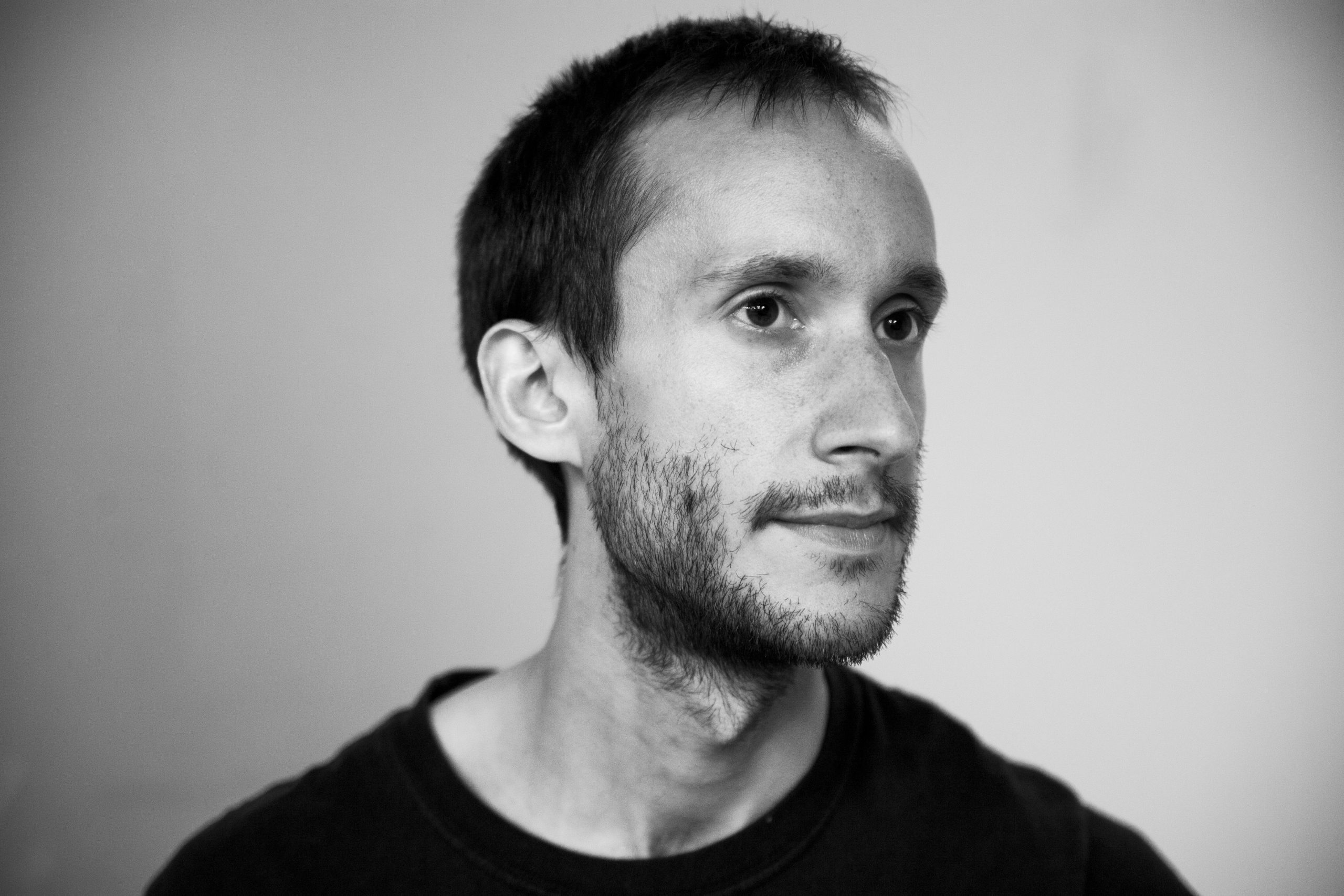Alumni Spotlights – Christopher Salvito
Christopher Salvito (he/him)
(MM ‘16, percussion)
Percussionist, Composer, Multidisciplinary Artist
 Christopher Salvito is a percussionist, composer, multi-disciplinary artist, and instrument builder. He currently works almost entirely through his collaborative group called Passepartout Duo, formed with Nicoletta Favari. Through the duo, he has been on a nearly continuous world tour since 2016.
Christopher Salvito is a percussionist, composer, multi-disciplinary artist, and instrument builder. He currently works almost entirely through his collaborative group called Passepartout Duo, formed with Nicoletta Favari. Through the duo, he has been on a nearly continuous world tour since 2016.
The group has been the recipient of dozens of artist residency opportunities around the world including The Watermill Center (US), the Swatch Art Peace Hotel (CN), the Rogers Art Loft (US), and the Embassy of Foreign Artists (CH). Their multidisciplinary approach has also led them to exhibit both their own creations and their collaborations with fellow artists at venues such as Casino Luxembourg (LU), the Nakanojo Biennale (JP), USF Verftet (NO), and Fanrong Museum (CN).
Tell us about your journey to your current career path. What were the pivotal moments? What surprised you?
My current musical path has deviated a lot from the time I graduated from Peabody. At that time, I was certain that I would be doing something related to what I was focused on in school. That’s to say, new music and percussion chamber music. Instead, I’ve slowly pivoted toward something a little distant from that. My current artistic work is related entirely to my duo, a collaborative group formed by myself and Nicoletta Favari. In that context, I focus primarily on writing new music, designing electronic instruments for us to play, creating exhibitions and sound installations, collaborating with other artists, and of course playing lots of concerts too. In some ways this is surprising, but of course everything I’m doing now is just a manifestation of interests I’ve had for many years. I love learning new things and exploring the world through music, and that has been the fuel that keeps me going.
What opportunities did you take advantage of in school that helped you to build helpful skills and experiences?
In general, I just tried my best to fully commit to everything that came my way. The most helpful skill and experience from that time in my life was focusing on chamber music with the other percussionists. Many things have changed about what I do musically, but something that has remained constant is the importance of playing music with other people. It’s a great connector, both between musicians themselves and between musicians and their audiences and studying at Peabody gave me a clearer awareness of this than I would have ever had otherwise.
How do you share your work with colleagues, collaborators, and audiences using media and work samples?
I have to say that I think documentation is extremely important. Unfortunately, it is often more important than the work itself. For me, documentation can come in many forms: a vinyl record, photos, videos, live performances, and of course writing about projects and their meanings too. All of these are important in communicating what we do to the world. The devil is in the details and I’m a bit of a perfectionist when it comes to this. I have tried to adopt a consistent aesthetic vision for how everything I make is documented and communicated. I truly believe that good design is free. When we start a project, we mostly start with all the same raw materials – it’s how we use them that counts.
How has your network and/or community impacted your professional journey?
The biggest way in which the community has impacted my work is the way in which other artists I meet inspire my own work and push me out of my comfort zone. Being part of a scene is important if you can manage it. It’s only thanks to meeting lots of interesting and very kind artists all over the world that I’ve tried a lot of new things artistically that I wouldn’t have ever thought to try otherwise!
Who has been an influential mentor for you and why?
Robert Van Sice, of course! “The truth is in the sound”—these are extremely wise words, and I still think about them all the time. Closing your eyes and actually listening to what you are hearing is a valuable exercise, one that goes far beyond the scope of being a percussionist.
Have your goals and priorities changed over time? If so, how?
I don’t think my priorities have changed too much. I’ve always been focused on whatever creatively interests me, and trying to do that as best as I can. Because those creative interests have slowly evolved over time, they have changed a bit how I define my goals and my own definitions of success. At this point, my main objective is to continue to find ways to keep pushing myself. It’s definitely a medicine easier given than taken.
Hear more from Christopher Salvito here in Passepartout Duo’s Max Q podcast episode!